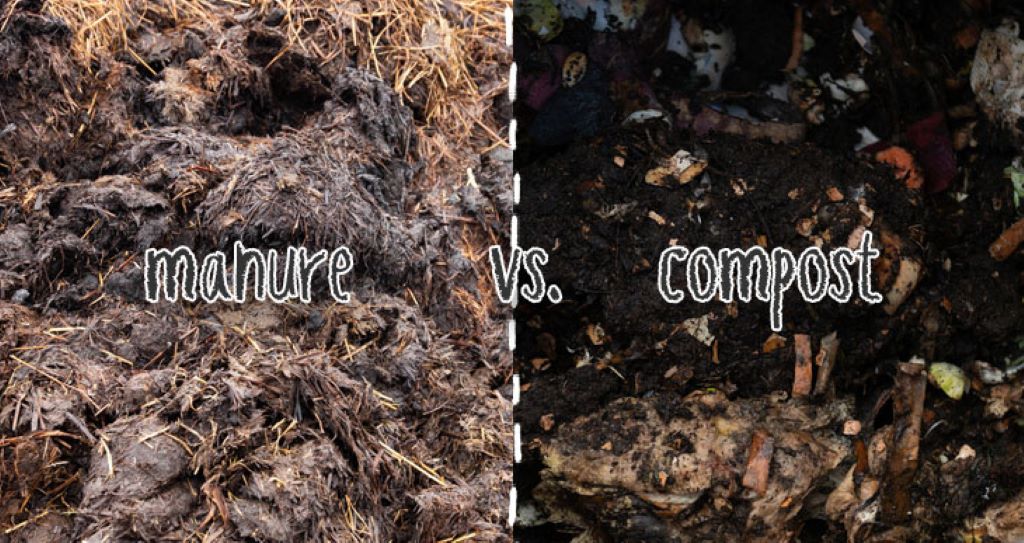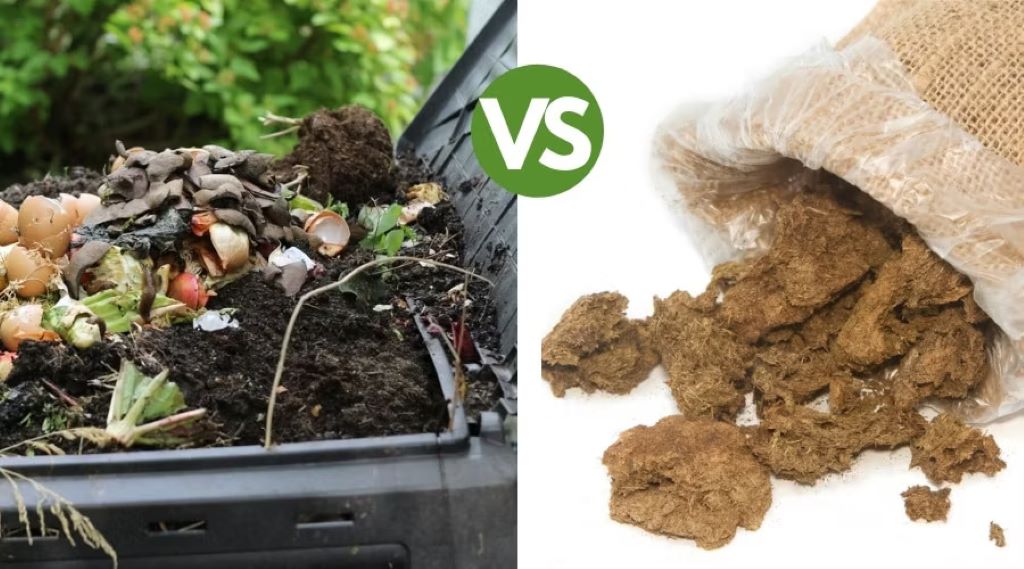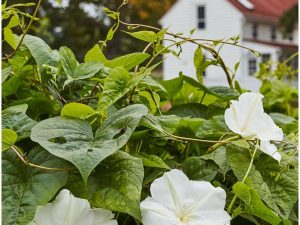
A lush, green lawn is the pride of many homeowners. It brings a sense of tranquility and provides the perfect backdrop for backyard gatherings and outdoor activities. But how do you achieve that desirable, vibrant green carpet? The answer lies in nourishing your soil, and two of the most potent soil amendments are manure and compost. Understanding the differences between them is crucial to making the best choice for your lawn.
What is Manure?
Manure is the waste product of farm animals like cows, horses, sheep, chickens, and others. It contains a rich blend of nutrients essential for plant growth, including nitrogen, phosphorus, and potassium (NPK). However, not all manure is created equal. Each animal’s diet and the type of bedding used influence the final composition of their manure.
What is Compost?
Compost is a product of controlled decomposition of organic materials like yard waste (grass clippings, leaves), food scraps, and other biodegradable matter. Microorganisms break down these materials over time, creating a nutrient-rich, earthy-smelling soil amendment often called “black gold” by gardeners.

The Showdown: Manure vs Compost
Let’s delve into the key differences and considerations when choosing between manure and compost for your lawn:
- Nutrient Content: Both manure and compost improve soil fertility. However, manure typically has a higher concentration of readily available nutrients (particularly nitrogen) than compost. This means it can give your lawn a faster nutrient boost but also carries a risk of “burning” your grass if applied too heavily or when fresh.
- Soil Structure: Compost excels at improving soil structure. Over time, it adds organic matter, promoting water retention, aeration, and drainage – all crucial for healthy root development in your grass. Manure also improves soil structure but to a lesser degree.
- Pathogens and Weed Seeds: Fresh manure can contain pathogens like E. coli and weed seeds, potentially contaminating your lawn. Composting, if done correctly with sufficiently high temperatures, kills most pathogens and weed seeds, making it a safer option.
- Application: It’s ideal to use well-aged or composted manure to avoid the risks associated with fresh manure. Compost is generally easier to handle and can be applied more liberally.
Choosing the Right Option for Your Lawn
The best choice between manure and compost depends on your lawn’s specific needs and your gardening approach:
- Quick Fix: If your lawn needs a rapid nutrient boost, carefully applied aged or composted manure can work wonders.
- Long-Term Health: For building healthy soil over time and improving your lawn’s overall resilience, compost is the way to go.
- Sandy Soil: Compost aids water retention in sandy soils, making it a great choice for this soil type.
- Clay Soil: Compost improves drainage and loosens heavy clay soil.
Tips for Using Manure and Compost
- Composted Manure: Composting manure reduces the smell, eliminates potential pathogens, and makes it a safer and more balanced fertilizer.
- Timing: Apply both compost and manure during the growing season, ideally before it rains or give your lawn a good watering afterward. This helps the nutrients reach the grass roots.
- Topdressing: Both can be sprinkled lightly over your lawn as a topdressing. This is especially beneficial as the organic matter decomposes, slowly adding nutrients over time.
The Verdict
Both manure and compost offer significant benefits for your lawn. If you need a fast nitrogen boost, aged or composted manure is a good option. However, for long-term soil health, water retention, improved drainage, and overall lawn well-being, compost is the clear winner.
Remember, a balanced approach is often best. Using compost regularly and occasionally supplementing with composted manure can give you the best of both worlds!
By understanding the nuances of manure and compost and using them wisely, you can transform your lawn into a lush, green oasis that will be the envy of your neighborhood.





